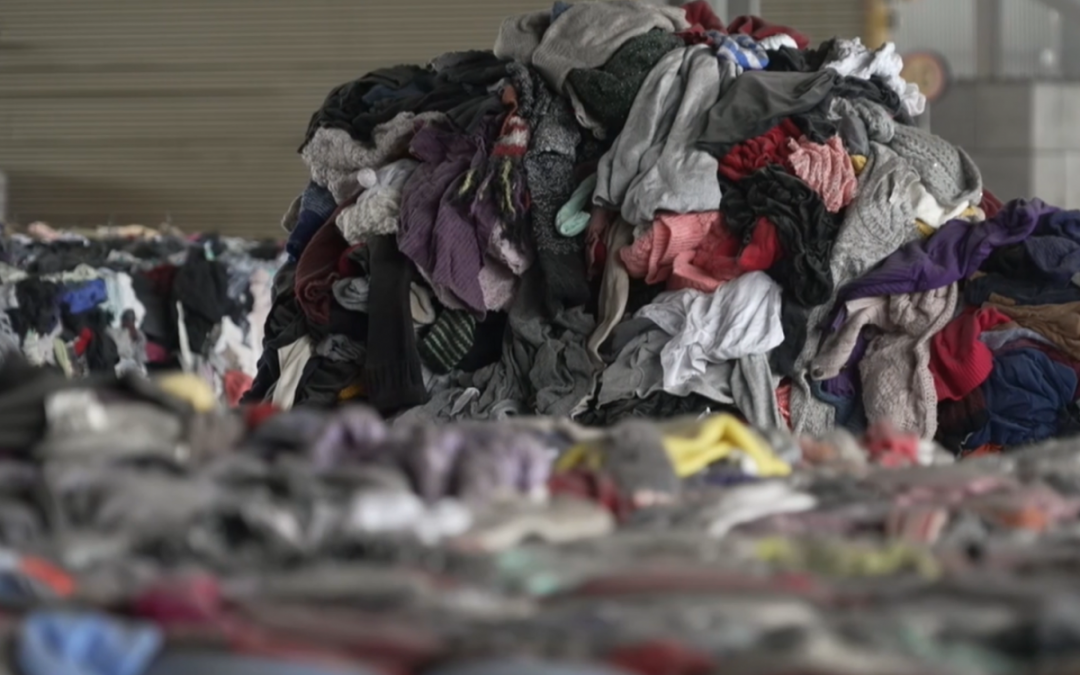Unsustainable consumption dynamics that lead to companies destroying their unsold clothes on purpose need to be broken. EU’s suggestion on banning product destruction seeks to do just this, and is in line with newly published recommendations to G20 countries.
In a consumption system characterized by fast fashion, all-time access to shopping and overproduction, product destruction of unsold or returned items becomes logical. Previous research from Mistra Sustainable Consumption has shown that there is an enormous amount of fully functional products and clothes that are destroyed yearly.
– According to some estimates, unused clothes and electronics representing 20 billion Euros are thrown away in Europe every year, says Carl Dalhammar, Associate Professor at Lund University.
To stop this, the EU Council is now proposing a product destruction ban, that forbids companies from destroying unsold clothes. The proposal is an update of a first version from the EU Commission, that suggested obligating the textile industry to clearly report on product destruction volumes.
– The proposal from the Council is a step in the right direction, compared to the Commission’s proposal, as it directly bans the destruction of some product groups. It is important that the legal text is very clear, and that consumer returns, and not just unsold goods, are included in the rules on product destructions, says Carl Dalhammar.
Carl Dalhammar is also one of the authors behind the recently published T20 policy brief “Policy Instruments for Extending the Life of Consumer Durables”.
– In our new T20 policy brief, we discuss new European policies to promote longer product lifetimes and repairs, and what different countries can learn from each other, says Carl Dalhammar.
The brief highlights five policy instruments as extra promising, three that aims to promote product reparation and two that focuses on breaking product destruction logics. The EU proposal has clearly taken inspiration from the latter, and the policy brief concludes by encouraging other members in the G20 to do the same.
Isabel Nilsson Alarcon and Freja Handler
Link to the Policy Brief:
“Policy Instruments for Extending the Life of Consumer Durables”
Contact:
Carl Dalhammar
carl.dalhammar@iiiee.lu.se
G20 – Group of twenty: A group of twenty of the most prominent and emerging nations and economies in the world that come together to discuss global economic issues.
Members: Argentina, Australia, Brazil, Canada, China, France, Germany, India, Indonesia, Italy, Japan, Mexico, Russia, Saudi Arabia, South Africa, South Korea, Turkey, United Kingdom, United States and the European Union. These make up about 67% of the population and 80% of the GDP in the world.
Founded: 1999
T20 – think twenty: A network that provide policy recommendations to the G20.
Members: Think tanks and academia. Independent from national governments.
